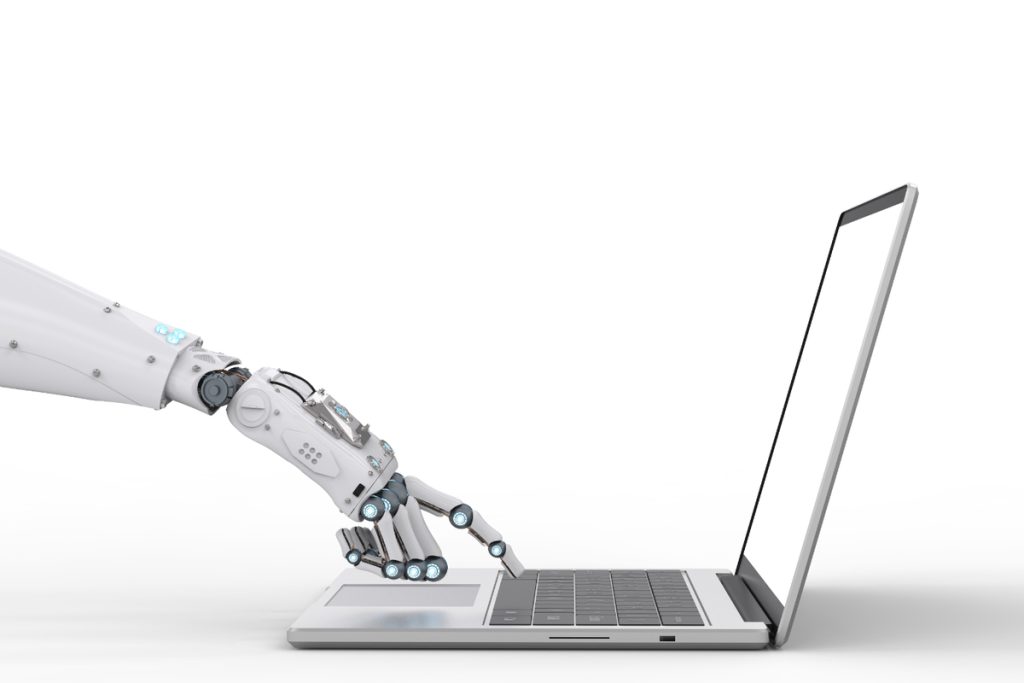Revolutionizing Decision-Making with Data Analytics
Artificial intelligence has become a game-changer in how businesses make decisions by leveraging advanced data analytics. AI algorithms process vast amounts of data at lightning speed, identifying trends and patterns that humans might overlook. These insights allow companies to make informed, data-driven decisions that minimize risks and maximize opportunities. Industries like finance and retail are using AI to predict market behavior and customer preferences, ensuring strategies align with real-world demands. This ability to analyze and act on data demonstrates the transformative power of artificial intelligence in modern technology. As businesses continue to integrate AI into their operations, decision-making processes are becoming more precise and impactful.
Enhancing Customer Experiences with AI
AI is reshaping customer experiences by providing personalized and efficient solutions. Chatbots powered by natural language processing can handle inquiries around the clock, offering immediate assistance. Predictive analytics enable companies to anticipate customer needs, ensuring tailored recommendations and services. E-commerce platforms, for example, use AI to suggest products based on browsing and purchase histories, enhancing user satisfaction. By utilizing this advanced technology, businesses can build stronger relationships with their customers, fostering loyalty and trust. The integration of AI into customer service operations is not only streamlining interactions but also redefining what it means to deliver exceptional experiences.

Streamlining Operations with Automation
Automation is one of the most significant contributions of artificial intelligence to the business world. Repetitive tasks such as data entry, scheduling, and inventory management are now handled by AI systems, freeing up employees to focus on more strategic responsibilities. In manufacturing, AI-powered robots are improving efficiency and precision, reducing errors and downtime. Logistics companies are also leveraging automation to optimize supply chain management and delivery routes. This use of cutting-edge technology is enhancing productivity across industries, enabling businesses to operate more efficiently while reducing operational costs. The automation revolution driven by AI is setting new standards for efficiency in the workplace.
Transforming Marketing Strategies
Artificial intelligence is revolutionizing marketing by enabling hyper-targeted campaigns and real-time audience engagement. AI tools analyze consumer behavior, segment audiences, and predict trends, allowing marketers to create highly personalized content that resonates with specific demographics. Social media platforms and search engines use AI-driven algorithms to optimize ad placements, ensuring businesses reach the right audience at the right time. This precision would not be possible without advancements in technology. Furthermore, AI-driven sentiment analysis tools help companies gauge public opinion and adapt strategies accordingly. By leveraging AI in marketing, businesses are achieving greater returns on investment and building deeper connections with their audiences.
Improving Recruitment and Talent Management
AI is transforming how companies approach recruitment and talent management, making these processes faster and more efficient. AI-powered platforms can analyze resumes, match candidates to job descriptions, and even conduct preliminary interviews through chatbots. This ensures that hiring managers spend their time evaluating only the most qualified candidates. In addition to recruitment, AI tools are being used to monitor employee performance and suggest personalized training programs. These applications of artificial intelligence highlight how technology is enhancing workforce management. By streamlining HR processes, businesses can focus on nurturing talent and building high-performing teams.

Securing Business Operations with AI
As businesses become increasingly digitized, cybersecurity has emerged as a top priority, and AI is playing a pivotal role in safeguarding operations. AI systems can detect and neutralize cyber threats in real time, protecting sensitive data and financial assets. These technologies analyze patterns in network traffic to identify anomalies, ensuring early detection of potential breaches. In addition to preventing attacks, AI can simulate potential scenarios to strengthen existing security measures. This use of advanced technology is providing businesses with robust defenses against evolving cyber threats. By integrating AI into cybersecurity strategies, companies are building more resilient digital infrastructures.
Supporting Sustainable Business Practices
AI is enabling businesses to adopt more sustainable practices, addressing environmental challenges while optimizing resources. AI-powered systems monitor energy usage, identify inefficiencies, and suggest ways to reduce waste. For example, in agriculture, AI tools are helping farmers optimize water and fertilizer use, minimizing environmental impact while maximizing yield. Supply chains are also becoming greener, with AI enhancing logistics to reduce carbon footprints. These advancements in technology are aligning business goals with sustainability, ensuring long-term success. As consumers increasingly favor eco-friendly companies, AI is proving to be a valuable asset in promoting environmental responsibility.
Conclusion
Artificial intelligence is revolutionizing the business landscape, driving innovation and efficiency across industries. From transforming decision-making and enhancing customer experiences to securing operations and promoting sustainability, AI’s applications are vast and impactful. The integration of this advanced technology is not only helping businesses achieve their goals but also redefining what is possible in the modern workplace. As AI continues to evolve, its role in shaping the future of business will only become more prominent, ensuring that organizations remain competitive in an ever-changing world.



